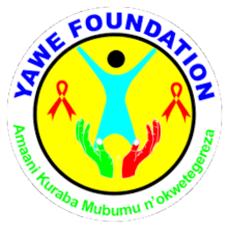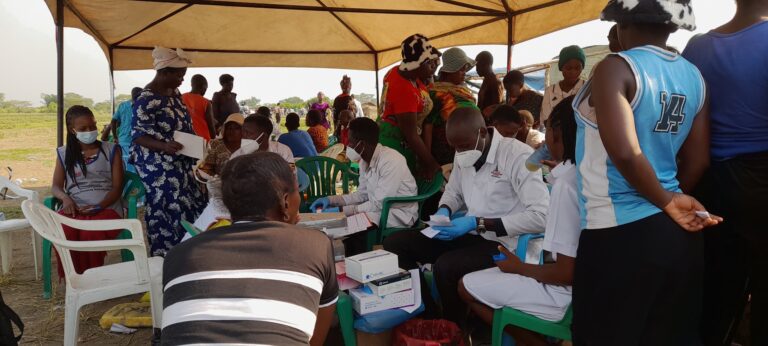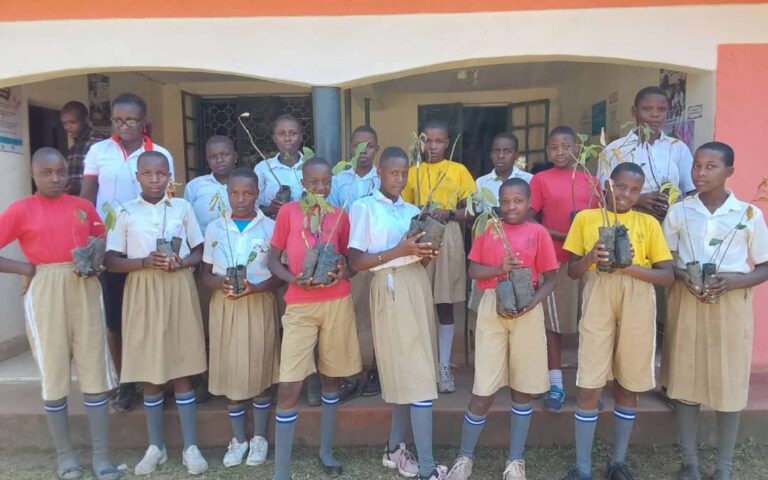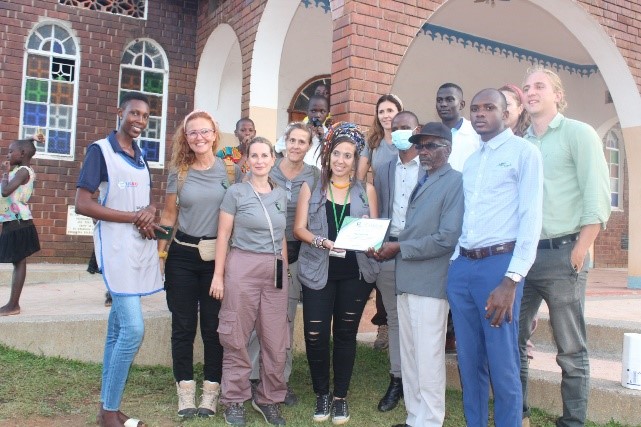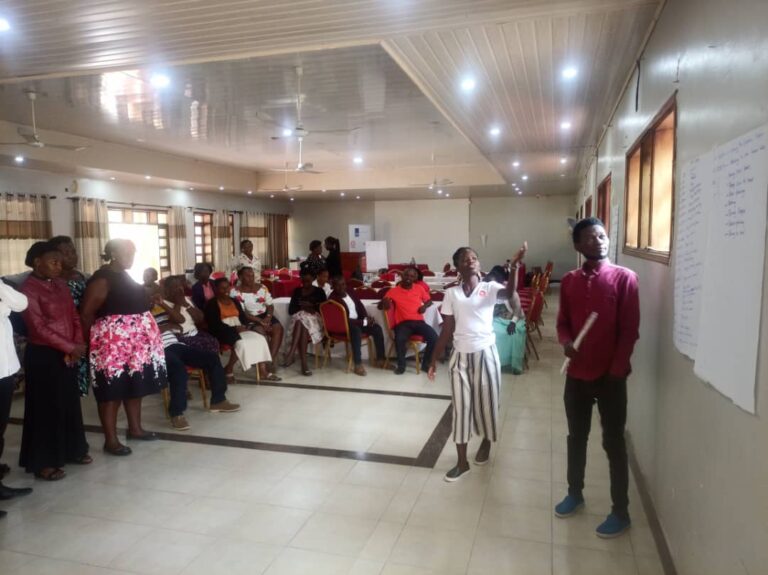World Breastfeeding Month: Empowering Communities in Fort Portal Through Focus Group Discussions Under the CASCADE Project Supported by CARE Uganda
In August 2024, Fort Portal City commemorated World Breastfeeding Month by engaging diverse community members in a series of five Focus Group Discussions (FGDs). Conducted under the theme “Closing the Gap: Breastfeeding Support for All”, these discussions aimed to explore the knowledge, attitudes, and practices surrounding breastfeeding among women of reproductive age (WRA), adolescents, men, and village health teams (VHTs). The activity, spearheaded by the City Nutrition Coordination Committee (CNCC), emphasized the critical role of breastfeeding in improving child health and nutrition.
Insights from the Discussions
The FGDs revealed valuable insights into breastfeeding experiences, challenges, and the role of community support in shaping positive breastfeeding practices. Here are some of the key takeaways:


The Role of Support Systems
Participants highlighted the importance of support from partners, families, and healthcare workers in promoting successful breastfeeding. Many mothers shared that they were encouraged by the guidance provided by health workers and the emotional and financial support from their families.
Challenges Facing Breastfeeding Mothers
Teenage mothers, in particular, faced significant challenges due to limited knowledge of proper breastfeeding techniques. Additionally, a lack of support from partners led to psychological and financial stress, negatively impacting breastfeeding outcomes. Health-related issues, such as cracked nipples and maternal infections, also hindered breastfeeding, especially for HIV-positive mothers concerned about transmitting the virus to their infants.
Cultural and Social Norms
Harmful cultural beliefs and misconceptions continue to impact breastfeeding practices. For instance, some mothers feared that breastfeeding would negatively affect their appearance, while others believed that certain foods should be avoided. A particularly concerning finding was the belief among some men that they should share breastfeeding with their babies, creating competition for breast milk and risking malnutrition for the infants.
Barriers for HIV-Positive Mothers
HIV-positive mothers reported facing stigma and discrimination, which often left them without the necessary support to continue breastfeeding. Many were unsure about the proper practices for breastfeeding HIV-exposed infants, leading to early cessation of breastfeeding in some cases.
Socioeconomic Constraints
Mothers with limited financial resources, particularly those who were abandoned by their partners, struggled to maintain adequate breastfeeding practices. The absence of maternity leave for some mothers further exacerbated these challenges, often leading to early weaning.
Recommendations for Improvement
To address the challenges identified in the FGDs, the participants recommended the following actions:
Community Mobilization and Sensitization
Continued efforts are needed to raise awareness of proper breastfeeding practices and to challenge harmful cultural beliefs. This can be done through community dialogues, radio talk shows, and stakeholder engagements.
Creation of Breastfeeding-Friendly Spaces
Public places, such as markets and workplaces, should offer designated breastfeeding areas to support mothers who need to feed their babies while working or attending to other responsibilities.



Strengthening Support Systems
Peer support groups and community health workers play a crucial role in providing guidance and encouragement to breastfeeding mothers. Expanding these systems can help ensure that mothers receive the support they need.
Mindset Change on Exclusive Breastfeeding (EBF)
Efforts should be made to promote the benefits of exclusive and continued breastfeeding, while addressing harmful social and cultural norms that discourage optimal breastfeeding practices.


Conclusion
The discussions in Fort Portal City reinforced the importance of breastfeeding as a key preventive measure for childhood diseases and malnutrition. However, achieving widespread breastfeeding success requires the involvement of families, communities, and healthcare workers. By addressing the challenges faced by mothers—particularly those living with HIV—and fostering supportive environments, we can close the gap and ensure that all babies receive the nutritional benefits of breastfeeding.
